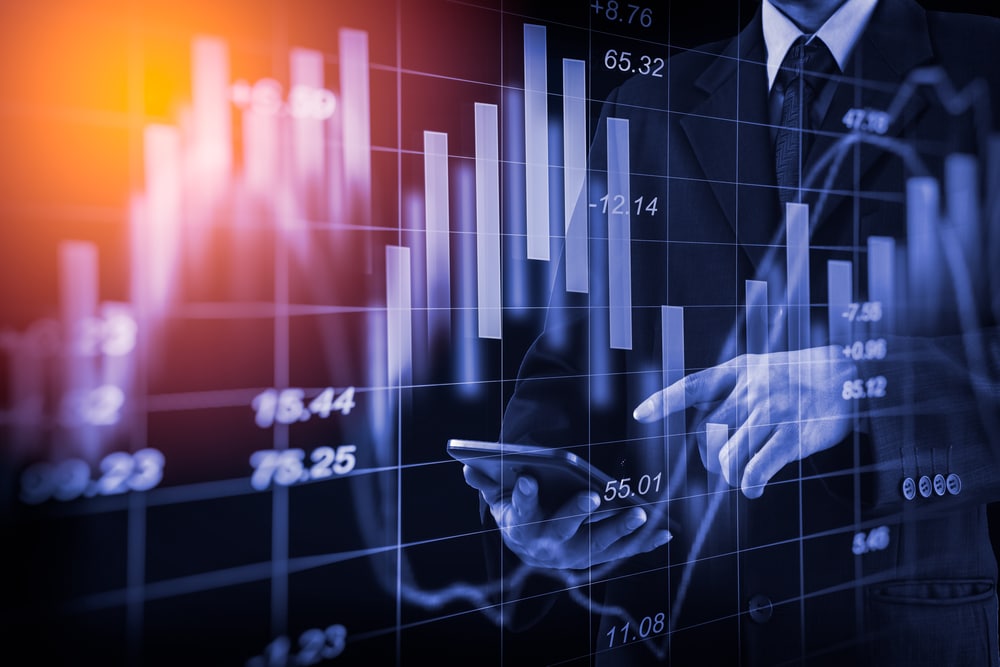Whether or not traders realize it, trading forex is more of a self-discovery and self-improvement process. The goal of any trader is to make money, but making this the focal point is counter-productive and leads to many mistakes.
When someone adopts the required characteristics, profits become the by-product of that work. Successful traders are all too familiar with how emotionally, mentally, physically, and financially draining the process of getting there is.
Fortunately, once they’ve harnessed these skills, it becomes easier to deal with other endeavors in real life. In short, forex can teach traders many lessons applicable to the real world, benefits that are just as important as the profits they make.
Developing patience
Arguably, patience is the most important characteristic to develop in forex trading. It is the separating factor between consistently profitable and struggling traders. One of the reasons why patience is paramount has to do with how we perceive time in forex.
While the markets are open 24/5, traders cannot just enter a position at any moment. Certain criteria and conditions have to form first before one decides to place a buy or sell order. Trading is a game of fine margins, and if a trader ignores one component of their trading plan due to impatience, this could mean the difference between a loss and a win.
Patience embodies many other actions in forex like growing an account, searching for new opportunities, trade management, waiting for an entry, etc. In real life, someone can apply patience similarly from everyday objectives to long-term goals.
Most ambitious objectives in life are simply a matter of time. Everything that’s been achieved before is achievable again as people have a measurable idea of how long it takes.
Moreover, it’s easy for people to lure themselves into get-rich-quick schemes or scams in a world of instant gratification. By having patience, one will understand the necessity of never taking things at face value and always performing the necessary due diligence. Essentially, traders are doing the same thing when evaluating a trading decision.
Controlling emotions in personal finance
This aspect of controlling emotions is particularly relevant when it comes to people’s financial decisions. Profitable traders understand executing positions and behaving in the markets requires a neutral, mathematical mindset utterly devoid of emotions of fear, greed, hope, and regret.
Furthermore, this group appreciates how difficult it is for a trade to be profitable since they do not influence where the price will go. Thus, their earnings come from hard work, meaning they are unlikely to waste their money.
One of the major financial challenges people have is lifestyle inflation, largely driven by emotions. Another emotionally-driven activity is impulsive spending. By controlling emotions specifically in the areas of money, one often makes smart decisions that keep them wealthier in the long run.
Weighing up risk and reward
A prudent speculator is always looking for positions that can potentially yield a reward that’s some degrees larger than the money at risk. They achieve this by predicting how far the price is likely to move from the entry point.
Despite seeming like an infinite number of opportunities to profit exist in the market, the hallmark of a skilled analyst is only choosing those with favorable potential risk-to-reward. Of course, not all decisions in life are as binary as in forex, though a similar concept is applicable.
We could think of this notion as weighing up strengths and weaknesses. Humans generally don’t thoroughly consider the disadvantages of every decision they make, especially when it comes to personal finance.
For instance, risk and reward can help someone decide if they should insure their expensive smartphone or not. They would closely consider several factors such as the likelihood of theft, loss, and damage and whether they could replace the phone out of pocket should any of these unfortunate events occur.
Alternatively, a better decision might be to insure it if they believe the replacement charge in the short term is too pricey. In the end, the person will compare the long-term costs of insuring versus not insuring.
This is just one example of weighing up risk and reward in a risk management scenario requiring proper analysis and intelligent decision-making.
Contingency planning
Life is full of uncertainties in a similar vein to trading. Even though people can have well-thought-out plans, Murphy’s Law still exists. Successful traders bear awareness of what can go wrong if their analysis is wrong by using stop losses, knowing how to manage drawdowns, never over-leveraging, hedging, etc.
Investors already know how they will react well in advance should the unexpected occur and how they can logically mitigate the risks.
This mindset is transferable to the real world in many situations, especially in a business setting. Anyone running a business should know how they should react to many ‘what if’ scenarios by prioritizing all the likely risks.
Instilling a positive outlook on failure
The great Thomas Edison once said, ‘I have not failed; I’ve just found 10 000 ways that won’t work.’
The most successful traders have failed several times through implementing multiple strategies and techniques before hitting a path of consistent profitability. In the real world, people are taught how failure is a bad thing from a young age. Failure makes most feel inferior and incompetent.
Taking the positives out of defeat is difficult, though being able to do so separates those who eventually succeed and those who don’t. A valuable life skill for anyone is dealing with setbacks and not seeing them negatively by using strategic problem-solving.
Failure is an opportunity to improve upon something until it gets perfected.
Final word
Trading forex is not just about financial gain but also about adopting valuable skills beneficial in other endeavors of life. Hence, being involved in the markets is an ongoing process of improving one’s self emotionally and mentally.
